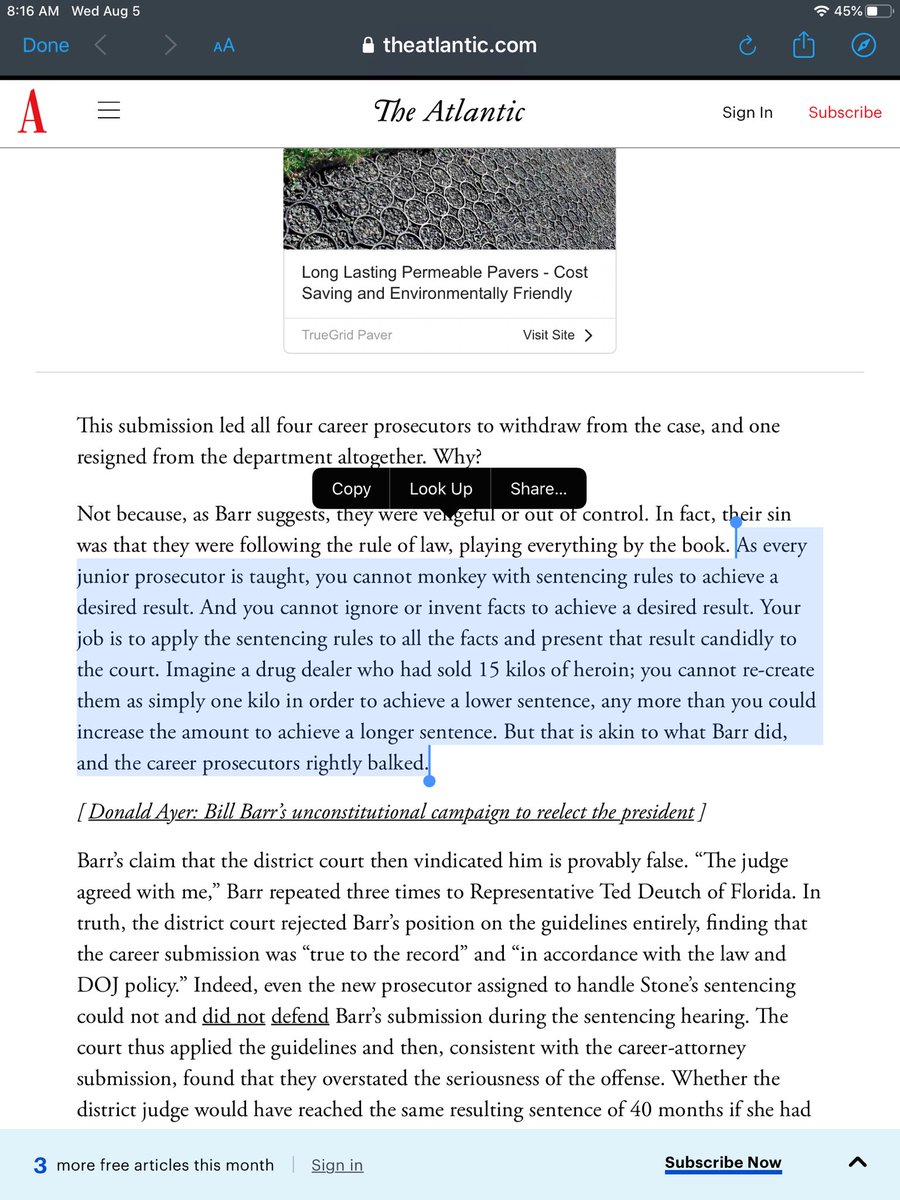
At today's Supreme Court confirmation hearing, we will be told that judges are not supposed to make policy decisions.
That statement is entirely false.
The people who wrote our Constitution expected judges to make policy decisions, and that's what they did for a long time.

That statement is entirely false.
The people who wrote our Constitution expected judges to make policy decisions, and that's what they did for a long time.
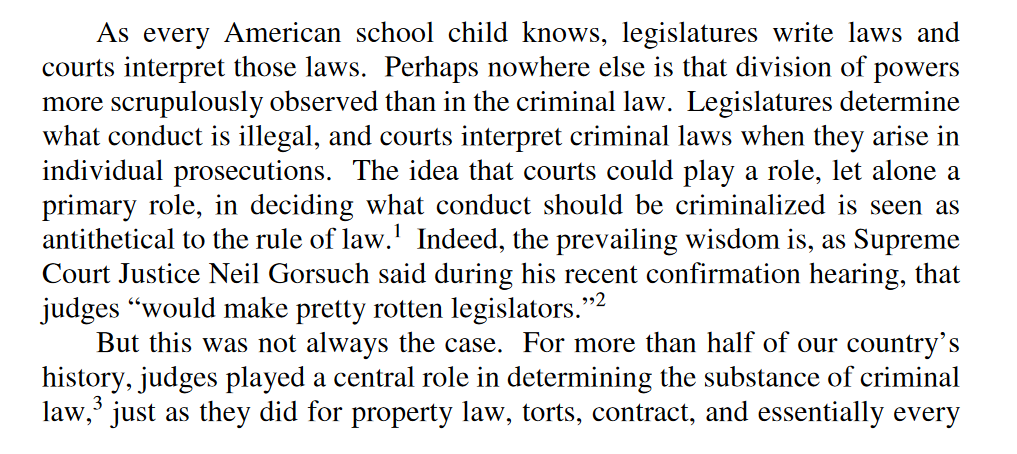
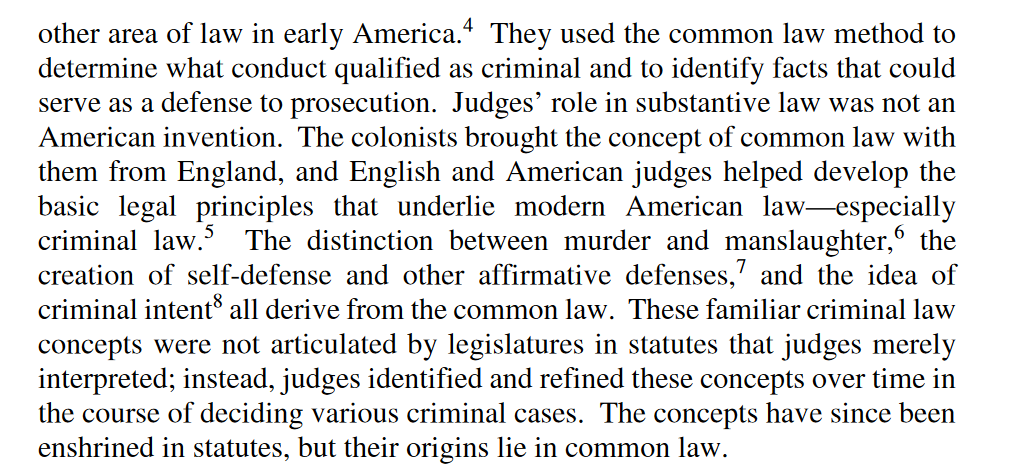
In the years before and after the Constitution was ratified, judges and non-judges alike had no doubt that judges could make policy. This was the whole idea behind the "common law" that they had brought with them in England. Judges even had the power to create new crimes. 



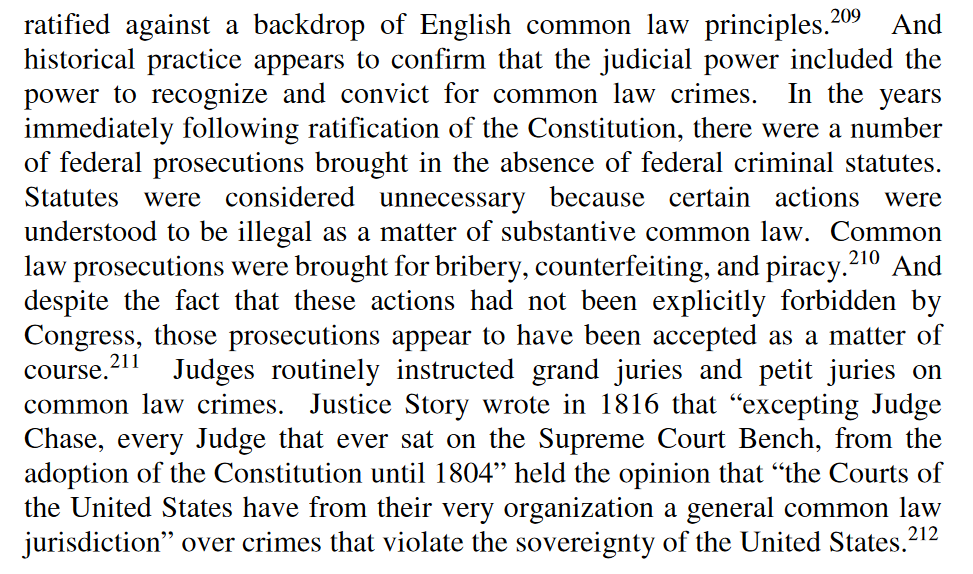
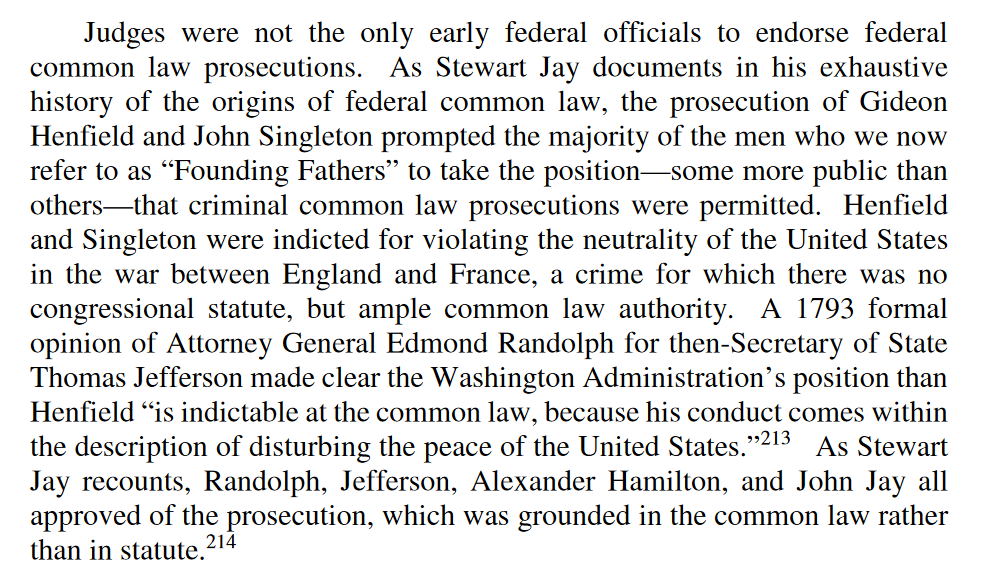
The power of judges to set policy came under attack when partisan battles between the Federalists and the Democrats began to play out in federal court prosecutions for common law crimes. Once the Federalists lost their hold on the courts, the Court curtailed that power. 



This matters because people like Judge Amy Coney Barrett tell us that they are originalists--they will interpret the Constitution according to its original meaning.
But then they say that judges can't make policy--which is not at all consistent with that original meaning.
But then they say that judges can't make policy--which is not at all consistent with that original meaning.
Post-Warren Court conservatives tell us that judges should never make policy. And they tout originalism as a way to constrain judges from making those policy decisions.
But originalism actually tells us the opposite: Judges have an important policy role to play.
But originalism actually tells us the opposite: Judges have an important policy role to play.
If you are interested in learning more on judges setting criminal law policy, here's a link to the paper I quoted in this thread: papers.ssrn.com/sol3/papers.cf…
• • •
Missing some Tweet in this thread? You can try to
force a refresh


